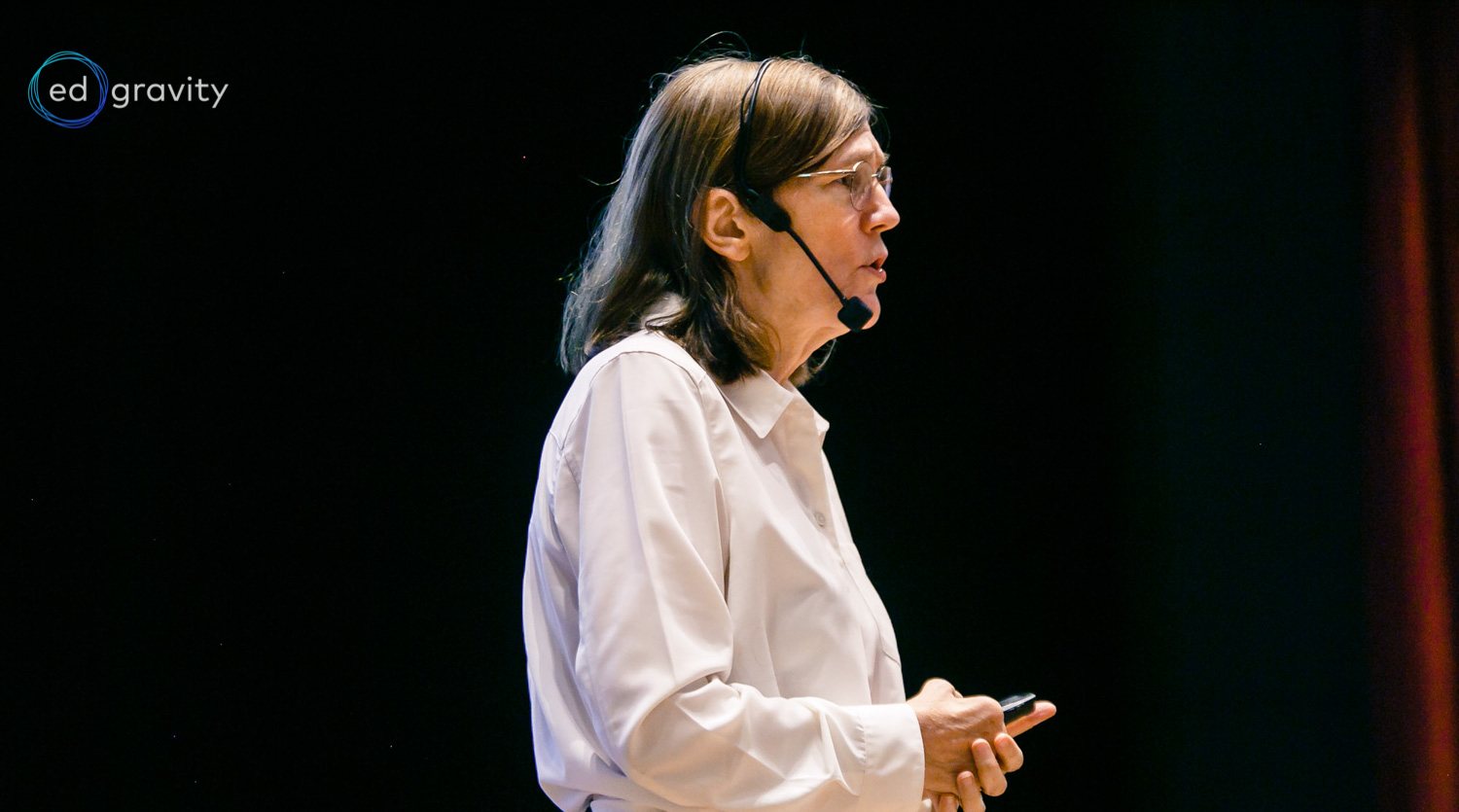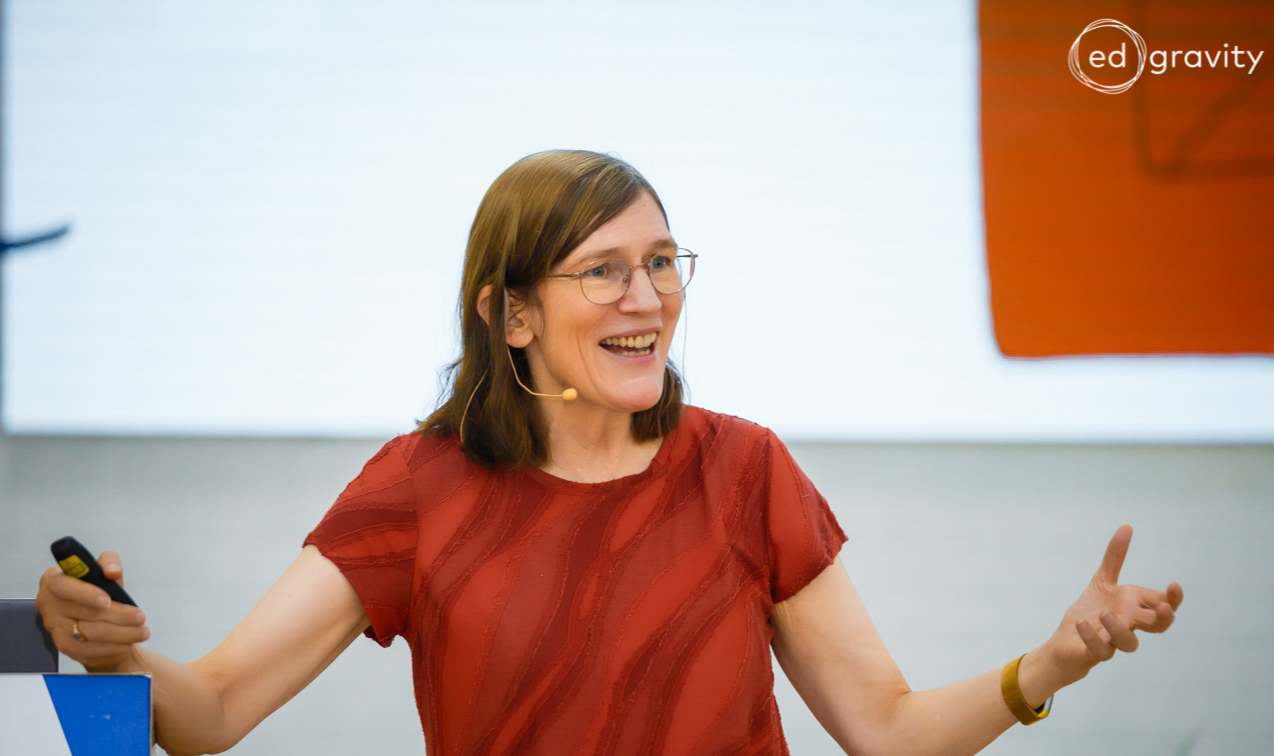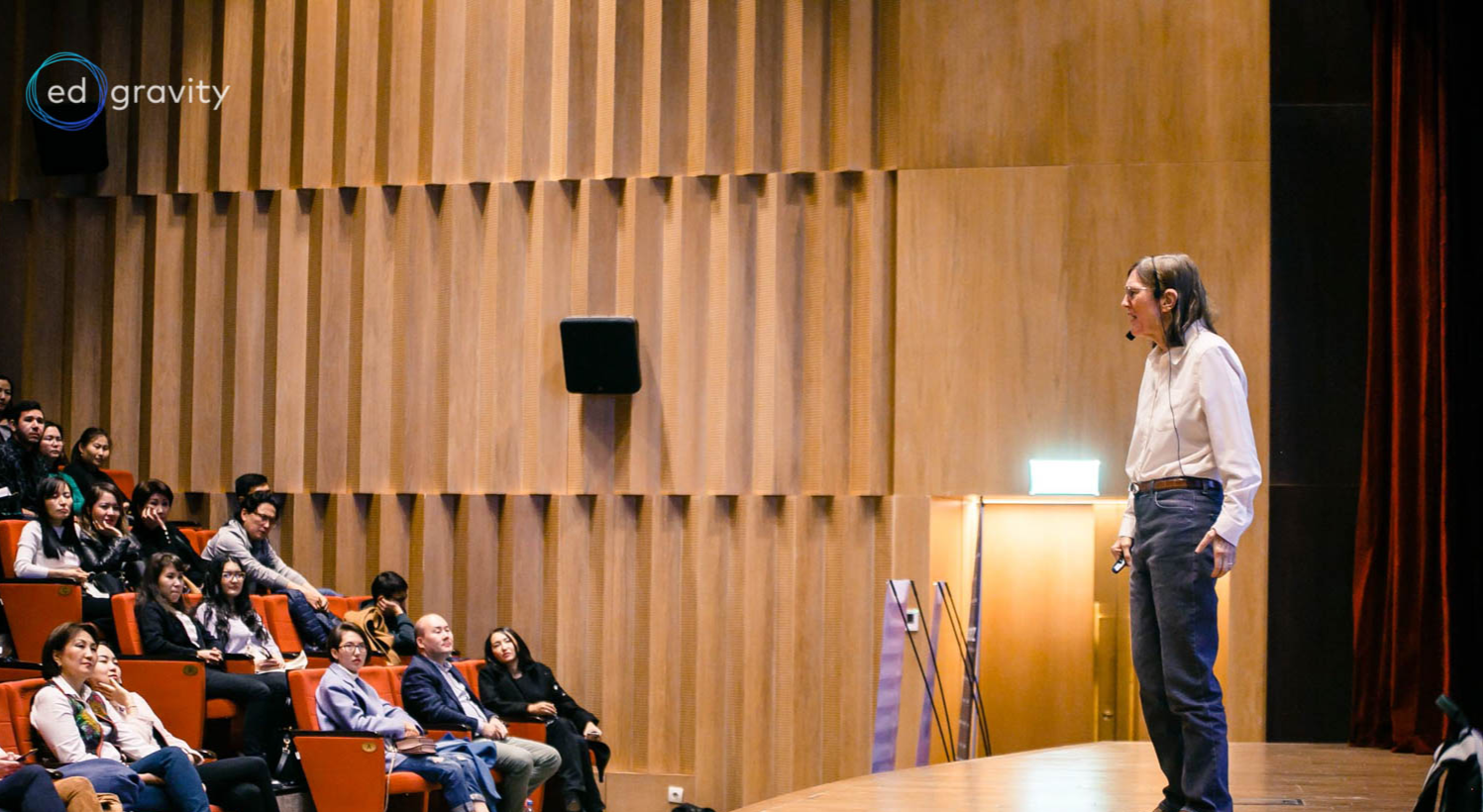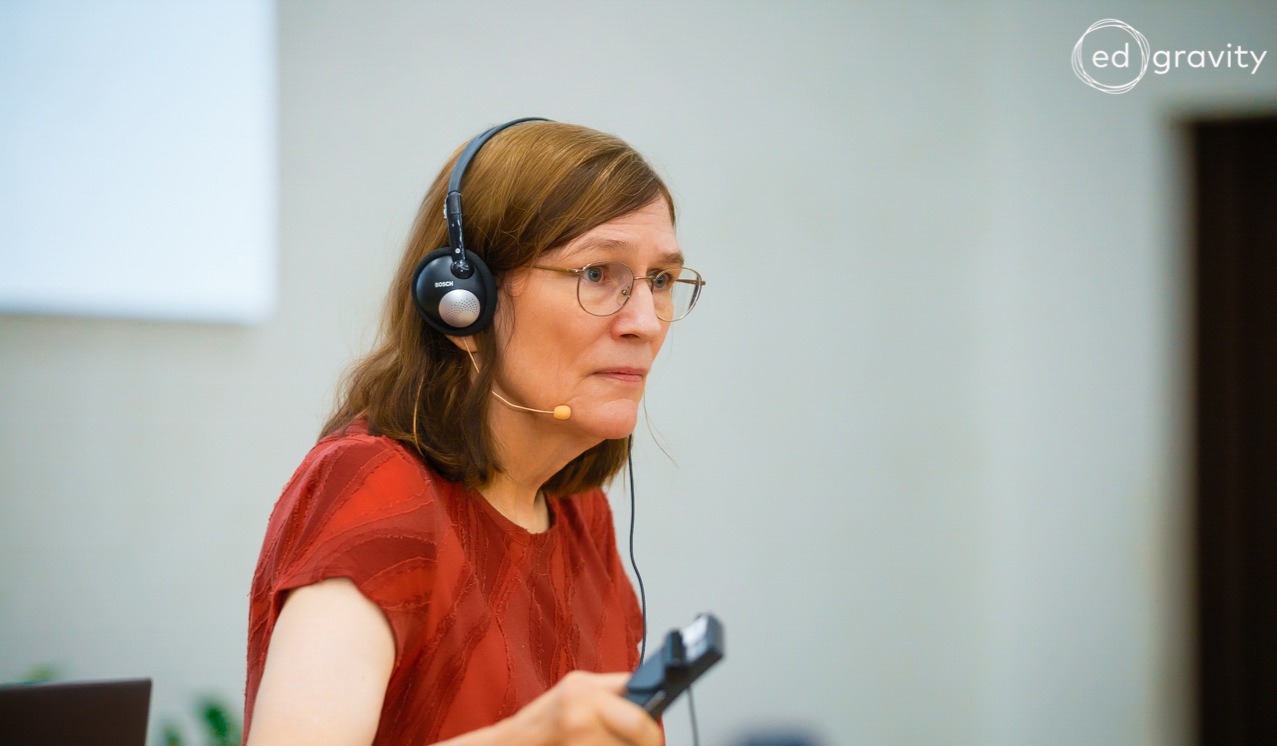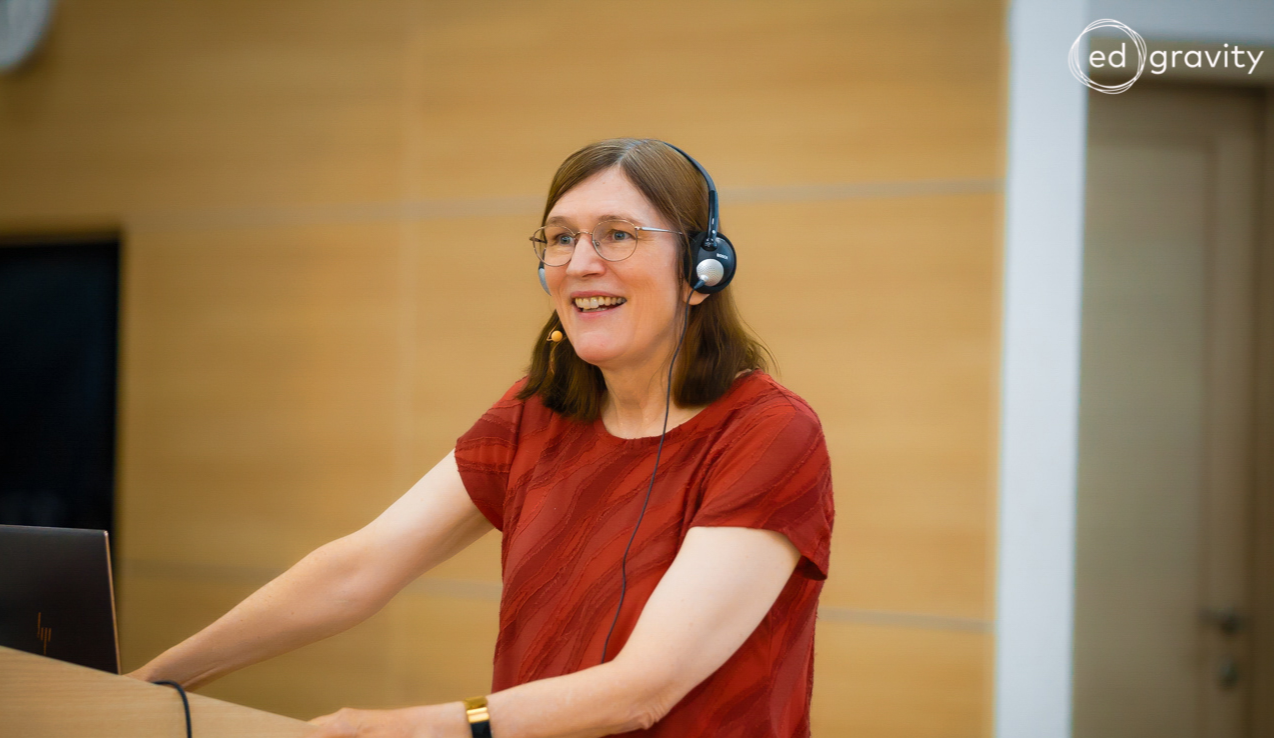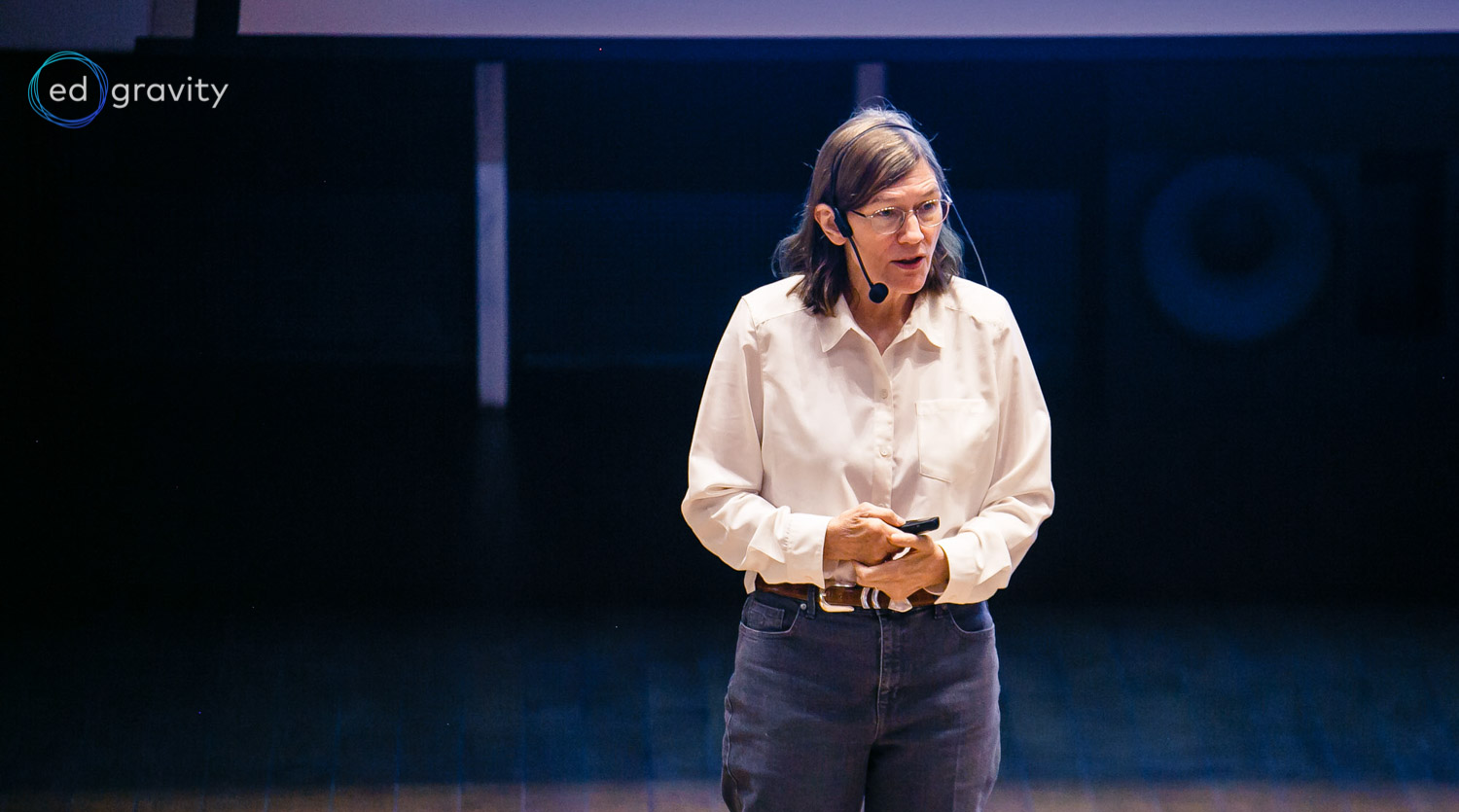Barbara Oakley: «When we learn, we change the structure of the brains»
November 20, 2019
What are the benefits of online learning?
Another benefit of learning online is that it is possible to become part of the global community, which is never possible learning in a conventional way. For example, you can connect on discussion forums of online courses with people from India, Chile, the USA, China, while being in Kazakhstan.
There is a lot of information online. Could you suggest ways to find the right online courses?
Nowadays there are still too few women in STEM. Why do you think that is and what would you advise to parents and teachers of girls to encourage them to go into these fields?
For our two daughters I decided that I was going to choose one thing that I would make them do and that was a little bit of extra maths. Both of our daughters were in the Japanese maths program called Kumon Mathematics. There is a new online program that is very similar to Kumon which is called Smartick. You can introduce additional maths practice at any age. If your daughter is fourteen, you can start at that age. We started at age three. Our daughters did not practice every single day without fail. Sometimes we would go on vacation and skip a couple of weeks. But mostly I just kept at it year after year until they were probably teenagers. And it worked. For example, our older daughter was not very good at maths. Nonetheless, she just finished her medical residency at Stanford University. It was that extra little bit of maths practice in her childhood that helped her. Our younger daughter is an artist, but she took calculus for fun in college and got a perfect marks. It does not matter whether your child is artistic or math oriented just that little bit of extra practice can be invaluable.
With the latest advances in the study of child development, neuroscience and technology, what are the most effective ways for children to learn?
What is the best way to put the information into the long term memory?
What is your favourite learning technique?
The Pomodoro Technique
Also, I cannot recommend more strongly just making a habit of reading. I read a book a week and just love biographies. If all you can read is just one page a day, read one page a day.
How could parents help children succeed without putting too much pressure on them?
Do not try to make your children do everything. They may be perfect as a result, but they will not be creative. Besides, there is evidence from neuroscience that focusing all the time suppresses the diffuse mode of thinking that is involved in creative thought processing. That is why free time is important, since it allows the imagination to consolidate. When our children were growing up we exposed them to a lot of things. They would take different mini classes and if they were interested in something, they would pursue it. If they did not like it, they would move on to something else with the exception of maths practice which they never quit.
